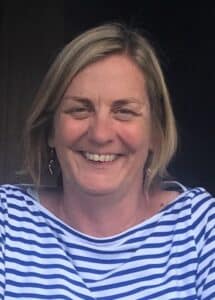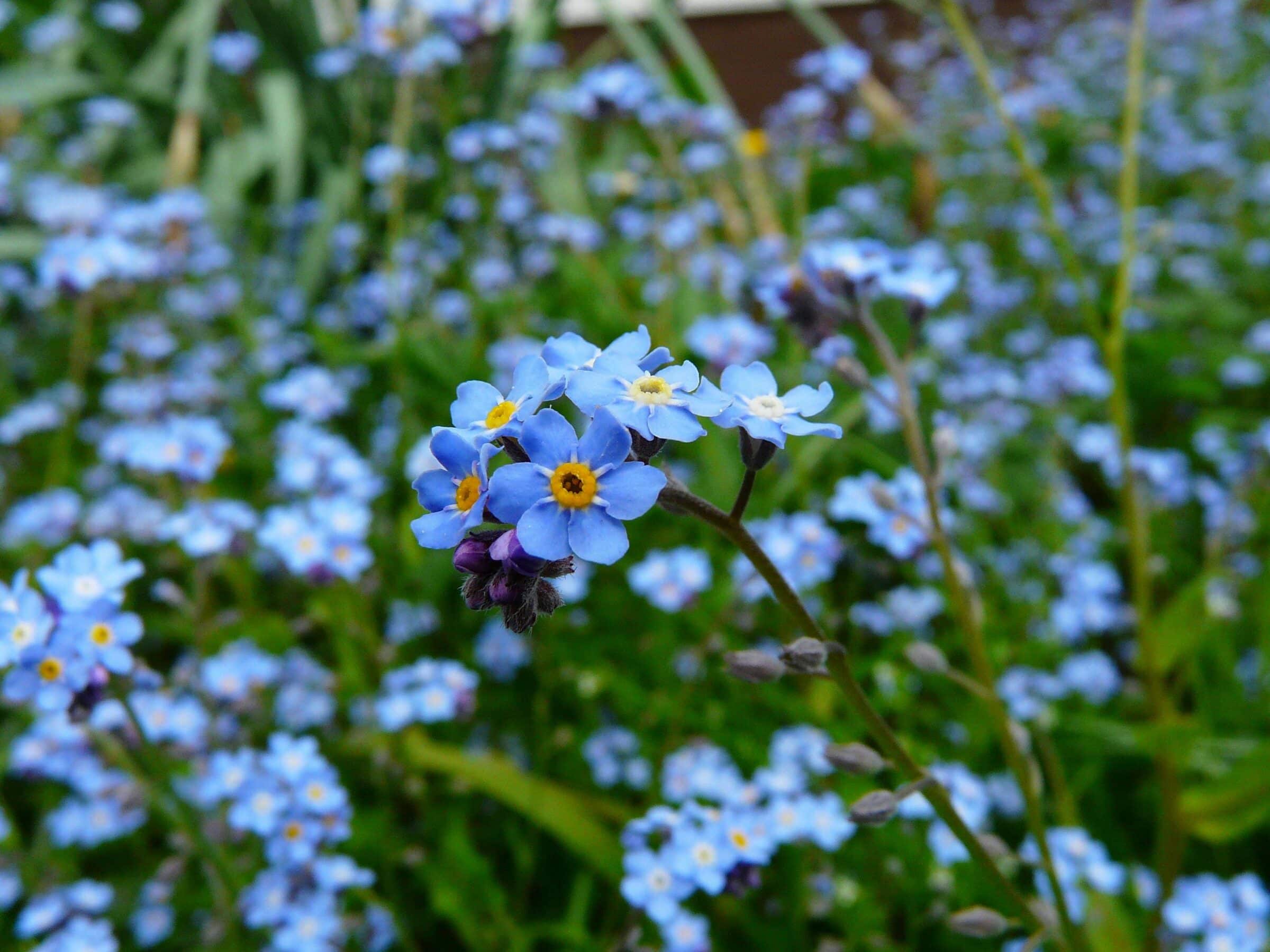
I have been writing for as long as I can remember, it’s part of who I am.
Small spark of self belief
A turning point was in my early forties when I had small children. I took a short memoir course with Carmen Bugan who was inspiring: she recognised something in me, and gave me confidence. I connected with something in myself and the small spark of self-belief was lit.
I started out writing small fragmentary pieces. I didn’t know what to do with them. I enjoy experimenting and wasn’t sure what category my writing fell into – I also enjoy writing poetry. As time has passed, I have got better at recognising my own voice and integrating these fragments, and seeing the bigger structure.
Understanding what was possible
It has always been my ambition to sustain writing a longer piece – to have produced 30,000 words for the Bridport Memoir competition was amazing. I wouldn’t have done so if I hadn’t entered the competition: I had pieces which have lived with me for some time, and I wrote a good deal from scratch too. I had wanted to tell this story for a long time, to make sense of a childhood experience of dislocation. I purposefully didn’t want to create a traditional coherent narrative – I’m not even sure that I even can!
Writing for the memoir competition stretched me, enlarged my understanding of what was possible – I really enjoyed the incremental approach to submission and felt creatively challenged in a joyous way. I also liked the fact that the memoir didn’t have to be the finished work – that took away pressure for closure, and allowed for an openness and experimentation as I went along.
Surprised at every stage
I was so pleased and surprised at every stage: I couldn’t believe I had made the long list. When I heard I had been put forward for the short list, I had a serious case of imposter syndrome: I thought ‘….they are only making up the numbers…’ and then when I was told I had actually won – well, it took me a number of days to process.
The Bridport Prize has always stood out for me as one of the competitions – I associate it with great writing, with established as well as emerging writers: it’s a really aspirational competition for me, one that everyone who writes has heard of and would love to be part of. I am completely bowled over to have won and to be part of the Bridport family now.
Enriching experience
For anyone thinking of writing a memoir and entering the competition, I would say whatever the outcome, it is an enriching experience. It is likely you will surprise yourself, discover things in the process about your experience, what your writing can do, and potentially create something that connects something unique and possibly undisclosed in your life to others in ways that you never thought possible.
Kit de Waal on The Words for Go Away
‘By using simple, short sentences, this writer moves us through an unsettling life rarely contextualising with little expansive narrative and yet we are able to follow and feel as we should as the story moves along. Never lapsing into too much interiority, the writing is often matter of fact and the descriptive passages are highly visual and poetic. This is a balancing act that’s difficult to achieve and yet it’s very well done on these pages.
‘It’s a tribute to the writer that there is so much said in so little space. This is a new and unique voice from a writer who knows what they want to say. I can’t wait to see what’s next.’

I come from a very creative but chaotic family and memoir for me has been an opportunity to make sense of things.
Where has this been all my life?
I started writing creatively about 20 years ago when my kids were a bit bigger. I went to an evening class and thought ‘I really like this.’ I did an MA in creative writing at Birkbeck, University of London – not that I was a particularly stellar pupil but I just loved doing it. I thought where has this been all my life?
I’m a very slow writer, it takes me ages but after the M.A. writing never left me.
I was very unconfident about my writing. I felt there are so many brilliant writers everywhere. Now with this result my imposter syndrome might not wash anymore!
Emboldened to say what was in my heart
I never thought I could write my own story and that it could be interesting. Poetry changed that. My parents getting older and becoming more demanding and emotionally complicated coincided with me discovering poetry. I started going to a group run by writer Alice Hiller and it was transformational. It was full of brave poets who emboldened me to start saying things that were very much in my own heart. I also did some excellent courses on memoir with author Lily Dunn at London Lit Lab.
Dare to share
I began to dare to share. It’s really hard but in small groups that are well supported I found empathy. I began to write things that happened to me as a child. I had core fears it wouldn’t be interesting. But the feedback I got helped with that.
Last summer, I got together the first 8,000 words for the memoir competition, and most importantly 300 words on what your book is about. I’m very proud of those 300 words because once they were done I realised, ‘ah that’s what it is.’ It was an anchor I kept going back to.
I had zero expectation that anything would happen. After I submitted my entry I thought that would be that but at least I’ve got 8,000 words to pick up when I get home from a month away.
‘Don’t worry till after you’ve written it’
A couple of days after I got back I heard I’d made the longlist! I burst into tears and I’m not a crier. I couldn’t believe it! It was incredibly exciting. I was then more ruthless with my weekends and tried to keep half a day in the week for writing after my grandchild I had looked after started nursery.
After the longlist I tried to stay steady about it all and started talking to my family about my memoir. The best advice I had around this was ‘don’t worry about anything until after you’ve written it.’ That became my mantra.
Being runner up is wonderful, amazing and lovely.
Kit de Waal on Has Anyone Seen the Kids
‘This memoir is written with an affecting mixture of affection and honesty. Any account of a parents’ decline is difficult territory and the author has managed to put the reader right in the heart of the story without it being maudlin or distressing. There are some acutely observed set pieces especially the relationship between the siblings and the inevitable tension between who does what and how.
‘I really enjoyed it and can see that this writer has a lot more to say.’
Fearless, raw, honest
‘The scope of the shortlist and longlist for the 2024 Bridport Memoir Prize was impressive and covered so many universal topics. Whether the writing was focussing on the impact of memory on society, the difficulties of moving from one culture to another, or the challenges of caring for an elderly parent; this year’s Memoir submissions were fearless, raw and honest. The writing on display was brimming with life, and picking a shortlist, and then a winner was a tough proposition for the judging panel. It was a delight to be involved with the Prize once again, and we at TLC look forward to working with the writers to develop their projects, hopefully, for eventual publication.’
Joe Sedgwick. The Literary Consultancy
Read extracts from the winning memoirs
Save the date
Our memoir competition opens 15 June 2024, deadline 30 September 2024.







